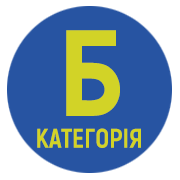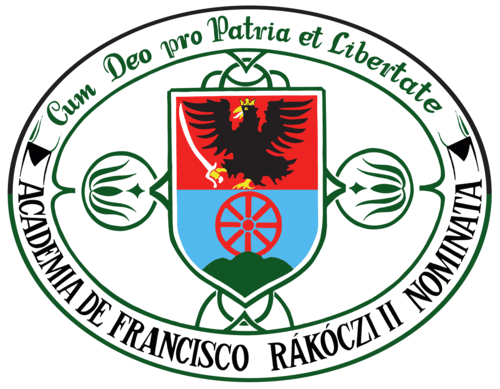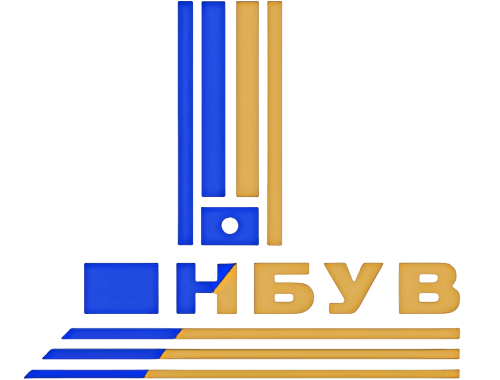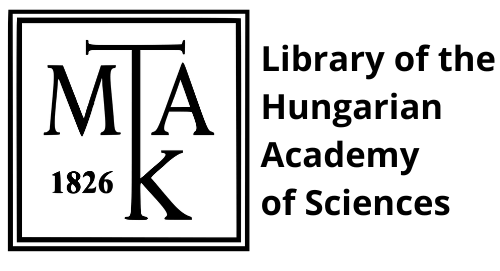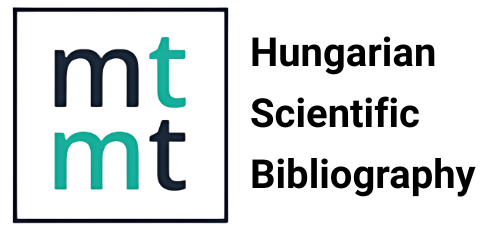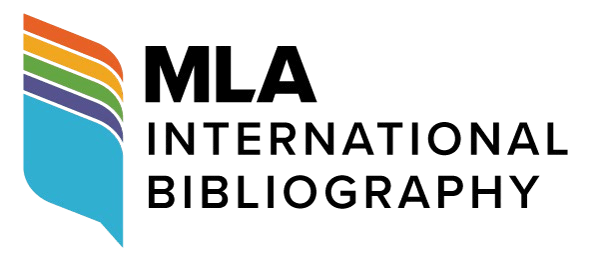Reviewing
Peer Review Policy
Acta Academiae Beregsasiensis, Philologica is a peer-reviewed scholarly journal. The Editorial Board, composed of nationally and internationally recognised experts in various fields of philology, ensures that all submitted manuscripts undergo both internal and external evaluation in accordance with the provisions of the Law of Ukraine “On Copyright and Related Rights”.
Following an initial editorial assessment of the submitted manuscript, the Editor-in-Chief appoints two independent reviewers (for review articles submitted to the Reviews section, one independent reviewer is appointed). The peer review procedure and editorial ethics strictly adhere to the international standards and principles established by the Committee on Publication Ethics (COPE). Authors are not required to suggest reviewers.
Peer review is conducted by independent academic specialists who:
- possess relevant expertise in the field of the submitted manuscript,
- hold an academic degree, and
- have authored or co-authored at least three peer-reviewed scientific publications in the respective field within the last five years.
The journal employs a double-blind peer review process. Reviewers receive anonymised manuscripts, and their identities remain confidential throughout the evaluation process. Upon completion of the review, written assessments are submitted to the Editorial Board, which then forwards anonymised reviewer reports to the author(s). Authors are required to revise the manuscript in accordance with the reviewers’ comments and recommendations.
Decision-Making
The final decision regarding the acceptance or rejection of a manuscript is made jointly by the Editor-in-Chief and the Editorial Board, taking into account the reviewers’ assessments and the evaluation of the revised version.
Deadlines
Reviewers are given 3–4 weeks from the receipt of the manuscript to prepare their assessments. The entire editorial and peer review process is typically completed within 6–8 weeks from the submission of the manuscript, depending on the number of revisions and the complexity of the process.
Archiving
The Editorial Office retains submitted manuscripts and their associated reviews, with reviewer anonymity preserved, in electronic form for a minimum of five years.
Academic Integrity
The Editorial Office conducts plagiarism checks and anonymous peer reviews for all submissions. Manuscripts are screened using StrikePlagiarism software to detect plagiarism and identify the potential use of artificial intelligence tools.
Authors bear full responsibility for any breaches of academic integrity, including but not limited to plagiarism, self-plagiarism, improper citation of sources, data falsification, or data manipulation. If violations are detected, the Editorial Board reserves the right to reject the manuscript and to take appropriate measures in line with academic ethical standards.
Reviewer Responsibilities
Reviewers play a crucial role in maintaining the quality, integrity, and reputation of the journal. Before accepting or declining an invitation to review, reviewers must carefully consider the following:
- Expertise: the manuscript must fall within the reviewer’s area of scholarly competence. Invitations should only be accepted when the reviewer can provide an objective and comprehensive evaluation.
- Conflicts of interest: any actual or potential conflicts of interest must be declared to the Editorial Board at the time of response.
- Timeliness: reviewers are expected to respond to invitations promptly. Delays in responding or submitting evaluations may impede the editorial process and disadvantage authors.
- Alternative suggestions: when declining a review invitation, reviewers are encouraged to suggest suitable alternative experts.
During the review process, reviewers must adhere to the highest ethical and professional standards. All review materials are strictly confidential. Reviewers must not disseminate, share, cite, or otherwise use any part of the manuscript before publication. Confidentiality extends to the author’s ideas, data, and methods.
Reviewers must not disclose or discuss any content of the manuscript with third parties under any circumstances. Maintaining strict confidentiality safeguards the integrity, impartiality, and credibility of the peer review process.
Reviewer comments must be constructive, detailed, and aimed at improving the scholarly quality of the manuscript. Reviews must be submitted within the specified deadlines. Should an extension be necessary for valid reasons, reviewers are required to contact the Editorial Board promptly. Timely reviews are essential to ensuring the efficient progression of the editorial and publication process.
